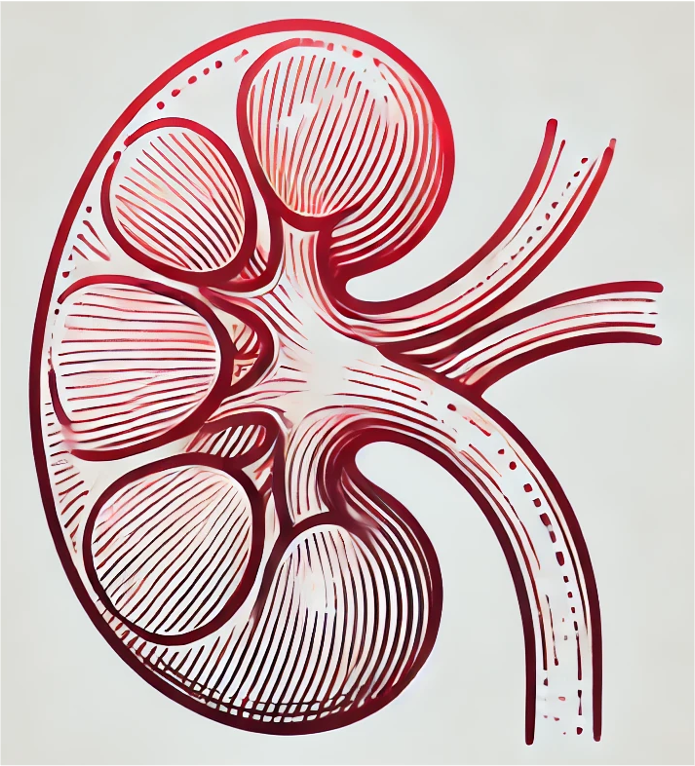Description
NRK cells were exposed to serum-free, 10% FBS (control), 10% serum sampled from rats 24 hours after sham surgery (no kidney injury control), or 10% serum sampled from rats 24 hours after I/R AKI surgery (kidney injury serum). After 48 hours of exposure to serum, the NRK cells were harvested and processed for Agilent microarray; We previously conducted a Phase I Clinical Trial in which Mesenchymal Stem/Stromal Cells (MSCs) were administered to patients at risk for developing acute kidney injury (AKI), and which suggested that MSC therapy is safe and effective in preventing both postoperative AKI and progression to CKD. It is well understood that AKI creates an internal environment that adversely affects not only the kidneys but also the function of distant organs and tissues. To study the consequences of the AKI environment on MSCs and renal cells, we developed an in vitro assay of exposing MSCs or cultured tubular cells (NRK Cells) to serum from animals that had AKI, or SHAM surgeries. Compared to SHAM sera, exposure of cells to AKI serum caused increased intra-cellular resazurin reduction, and activation of anti-oxidant genes,
Overall Design
12 samples, 3 biological replicates each, from four different growth conditions: serum free, fetal bovine serum, sham serum, and AKI serum.
Curator
mj_li
